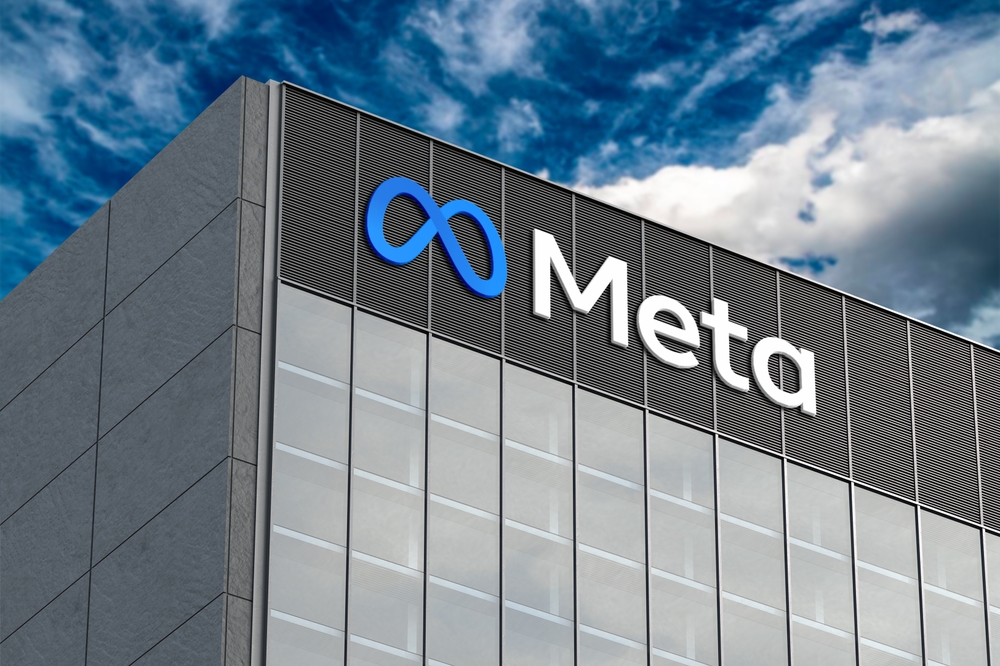Meta, formerly known as Facebook, witnessed a remarkable surge in its shares, marking a stellar year that outpaced its historical records. Amidst this growth, the company grappled with various challenges, demonstrating resilience and strategic adaptations in response to market dynamics.
Share Performance and Recovery
As of the previous week, Meta’s shares soared by 178% for the year, surpassing its previous best in 2013. This climb continued, with Monday’s 2.9% increase, pushing the shares close to their two-year high and just 10% below the record set in September 2021. Notably, among S&P 500 companies, only NVIDIA rivaled this performance, with shares rising by 235% by the end of the week.

Resilience and Strategic Shifts
CEO Mark Zuckerberg’s commitment to an “efficiency-driven year” bore fruit in 2023. After a tumultuous 2022, where shares plummeted by 64%, aggressive cost-cutting measures and a workforce reduction of over 20,000 employees were enforced. However, the company’s strategic pivot towards addressing shareholder concerns and focusing on advertising yielded positive results. A substantial 23% growth in the third quarter of 2023 highlighted a revival in sales and market share, positioning Meta back on a growth trajectory.
Challenges and Future Outlook
Despite this resurgence, challenges loom large for Meta in the coming year. The company faces an unstable advertising market due to global events, unresolved accusations regarding the addictive nature of its platforms among children, and the niche status of virtual reality despite efforts to promote products like Quest 3.
Adversities and Strategic Maneuvers
The impact of an iPhone privacy policy change was a major setback, but Meta’s emphasis on AI investments aided its faster recovery compared to industry peers. Additionally, investments from Chinese e-commerce giants significantly contributed to advertising revenue growth in the Asian market.
Threats and Uncharted Territories
However, Meta remains vulnerable to policy changes from tech giants like Apple and Google. The imminent phasing out of third-party cookies in Google Chrome poses a potential threat to Meta’s advertising business. Moreover, the company faces stiff competition from the burgeoning popularity of video platforms like TikTok and YouTube, where younger demographics are increasingly engaged, notes NIXSolutions.
Meta’s year has been a rollercoaster of highs and lows, showcasing resilience amidst market turbulence. As it navigates challenges, the company’s strategic adaptations and continued investments in AI remain key to its future trajectory.
